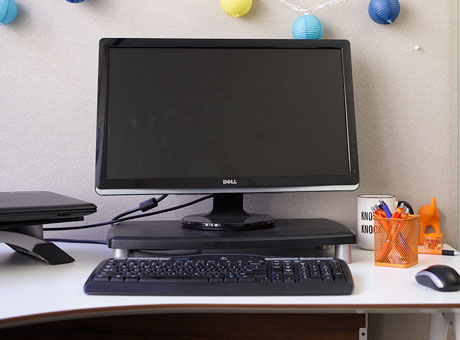When your small business owns assets, you can’t claim their costs all at once. Instead, the Canada Revenue Agency (CRA) allows your company to take a yearly deduction for assets that depreciate over time. The CRA calls this deduction the capital cost allowance (CCA). Instead of taking the full expense in the year you purchase the item, you can depreciate the value of each item over time as it wears out or becomes obsolete.

Capital Cost Allowance Deduction: What Is the CCA Deduction and Can I Claim it?
Assets You Can Claim for the CCA Deduction
The assets eligible for the CCA deduction include buildings, equipment, vehicles, and furniture you purchase your business. For example, let’s say you purchase a car registered to your company for $10,000. The next year, the value of the car depreciates, or goes down, to $8,000. This means you can claim the CCA deduction on the $2,000 in value the car lost from one tax year to the next instead of claiming the entire price as a single business expense.
Depreciable Property Classes Covered by the CCA Deduction
Depreciable property falls into a number of different classes, and you can claim different percentages of each on your CRA tax return. For instance, buildings can count in classes 1, 3, and 6, depending on its age, use, and construction. The differences in these classes means you can claim 4% on class 1 buildings, 5% on class 3 buildings, and 10% on class 6 buildings. Using the above example or a car registered to your small business, vehicles occupy class 10.1, and this particular class of depreciable property lets you claim a 30% deduction. Therefore, you can claim 30% of $2,000, or $667, as the deduction. This deduction lowers the amount of tax liability you owe the CRA.
When to Claim the CCA Deduction
You don’t have to claim the full amount of the CCA in the particular year your assets depreciate. Instead, you can claim as much or as little of the CCA as you need to offset taxes you owe on earned income and carry forward the unused portion. If your business has little or no taxable income in a year, it’s a good idea to forgo much or all your CCA deduction until you have enough income for the CCA to offset.
When you run a small business, every dollar counts, including those you pay for key items and equipment that help you earn a living. By tracking your expenses throughout the year, it’s easier to be organized at tax time. QuickBooks Online can help you maximize your tax deductions. Keep more of what you earn today.


